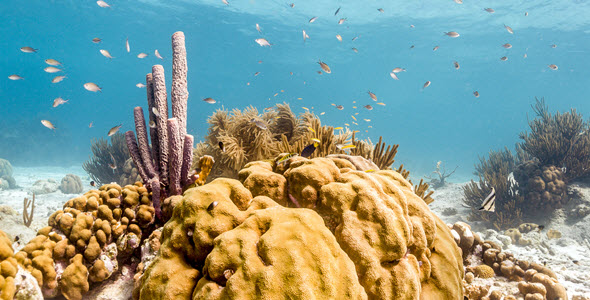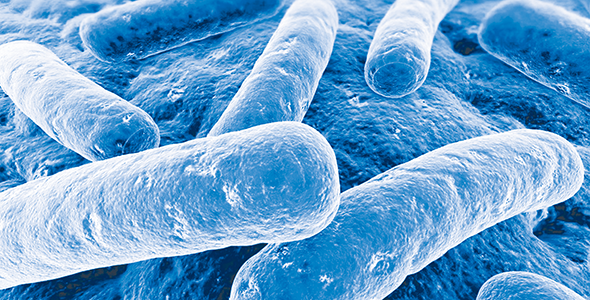“We have found that deep-sea microorganisms, especially actinomycetes, are an attractive, untapped source for the discovery of anti-infective agents,” said Guojun Wang, Ph.D., assistant research professor at FAU Harbor Branch.
Rapid Multiplex PCR Testing Detects Six Separate Pathogens in a Young Cystic Fibrosis Patient
CF patients are extremely vulnerable to a variety of pathogens, but it’s highly unusual to see a polyclonal infection involving 6 separate species.
Could a Novel Sugar Additive Be Fueling the Clostridium difficile Pandemic?
A Baylor team’s research suggests that that the dramatic increase in nosocomial Clostridium difficile infections can be attributed, at least partially, to a type of sugar called trehalose.
Dietary trehalose: A double-edged sword in diabetes and C. difficile infections?
Trehalose, a type of carbohydrate (sugar), could hold the key to a new treatment for diabetes and other metabolic diseases, but it might also fuel more severe Clostridium difficile (C. difficile) infections.
The Value of Diagnostics in Combatting Antimicrobial Resistance – A Public Health Problem
At this year’s World Anti-Microbial Resistance Congress, Dr. Tristan Timbrook delivered a...
Lindsay Denny Discusses the Critical Role of WASH in Preventing Infectious Diseases and Fighting Antimicrobial Resistance
WASH, which stands for water, sanitation, and hygiene, are basic...






